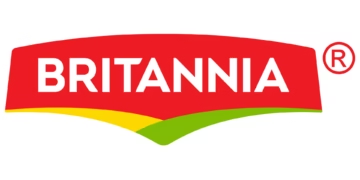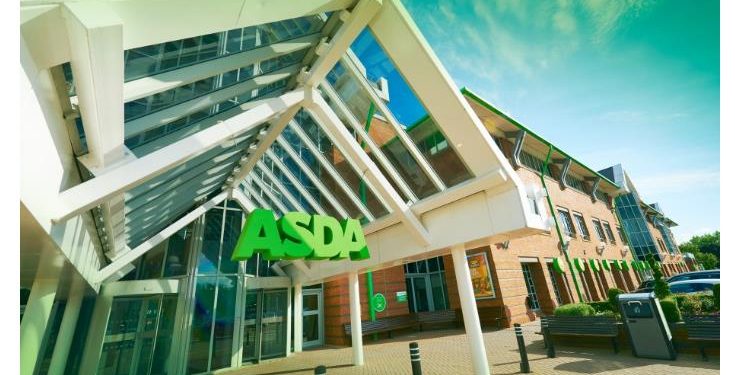Supermarket Asda has filed its annual Statutory Accounts for the financial year to 31st December 2019 with Companies House.
The accounts for Asda Group Limited, includes the financial activities of all Asda stores, distribution centres and online operations including food, clothing, general merchandise and fuel.
Asda’s sales for 2019 were £22,899.2m (2018 £22,916.5m). Like-for-like sales (excluding fuel and VAT) declined by 0.8%.
Asda’s operating profit for 2019 was £584.2m (2018:£803.2m). Profit was adversely affected by a number of one-off costs, including an increase in share option charges, mainly due to the Asda colleague Sharesave plan and property costs.
In 2019, Asda won 92 awards at the Quality Food and Drink Awards including ‘Retailer of the year’, and The Grocer Magazine’s G33 Price Award for the twenty-second consecutive year. Asda’s total Consumer Promoter Score (“CPS”) increased by 0.6 points in 2019 compared to the previous year, whilst online sales in grew ahead of the market in 2019 supported by further improvement in the online proposition. This trend has continued through 2020 with Asda outlining its ambition to offer one million delivery slots per week by the end of 2020.
Asda also continued to implement its Create Change for Better strategy, further eliminating more than 7.7 tonnes of packaging used in its Own Brand products and asking suppliers to work with them in finding new solutions to refillable and reusable products, an initiative that came to fruition in October 2020 with the launch of Asda’s trial store in Middleton, Leeds.
As well as continuing to invest in customers and communities in 2019, Asda also continued to invest in its colleagues in 2019 – committing to train over 1500 apprentices, as well as paying a bonus to all eligible colleagues alongside strong returns on sharesave investments. In October 2019, Walmart, Asda and the Trustees of the Asda Group Pension scheme agreed to proceed with a bulk annuity insurance ‘buy-in’ of the pension scheme with Rothesay Life PLC, a specialist insurer of defined benefit pension schemes. This resulted in a one off payment by Asda of £1,174.8m into the scheme and the supermarket remains on track to complete the full Scheme buy-out in 2021, securing the benefits of the Scheme’s 12,300 members.
Following completion of the pension ‘buy in’, and in respect of the 2017, 2018 and 2019 financial years, a £1,150.0m inter-company dividend payment of surplus cash was made by Asda to its parent company Walmart, on 5 March 2020. This was the first such dividend payment to Walmart since 2017.
The acquisition of Asda by the Issa brothers and TDR Capital remains on track to complete in H1 2021, subject to regulatory approval. Under its new owners the business will invest over £1 billion in the next three years to further strengthen the customer proposition and supply chain.
Asda will continue to invest in accelerating its omnichannel offer and in the resilience of its supply chain, including sourcing more food from UK farmers and maintaining its commitment to supporting domestic suppliers and small businesses.
Asda Chief Financial Officer, Rob McWilliam, said:
“This annual report is a record of the progress we made in investing for customers and advancing delivery of our strategy in 2019.
“During the year, we invested incrementally in our customer offer, delivering lower prices to millions of customers and improving the quality of thousands of own-brand products through use of healthier ingredients and more sustainable packaging. We also refreshed 37 stores with our latest proposition.
“Another key milestone was the agreement with Rothesay Life for a buy-in of the Asda Group Pension Scheme. This transaction saw Asda make a one-off payment of £1,174.8m into the scheme and secured the benefits of the 12,300 scheme members. Once the buy-out completes, it will remove all future scheme liabilities from the Walmart and Asda balance sheets – delivering a positive outcome for scheme members, Asda and Walmart.”














































